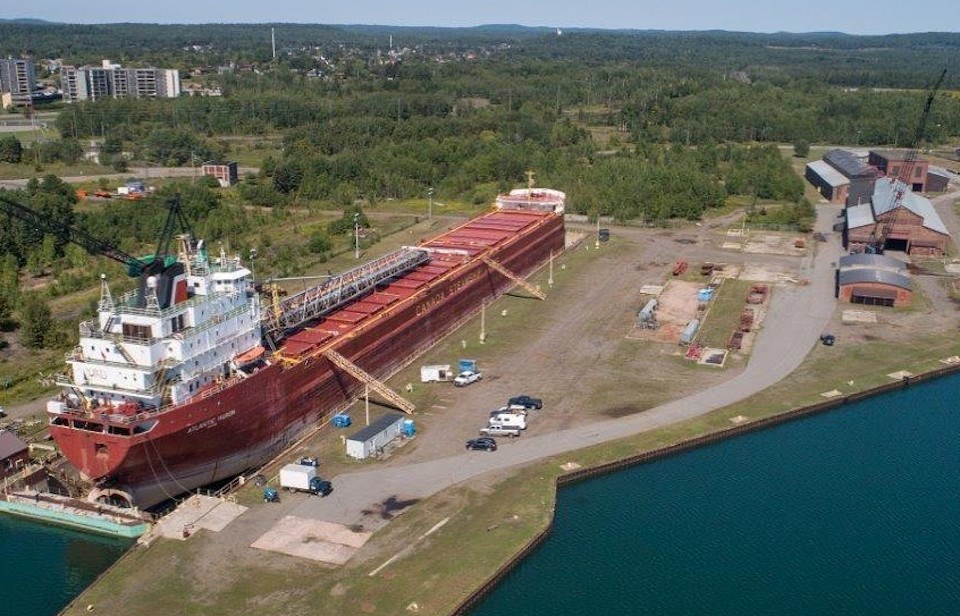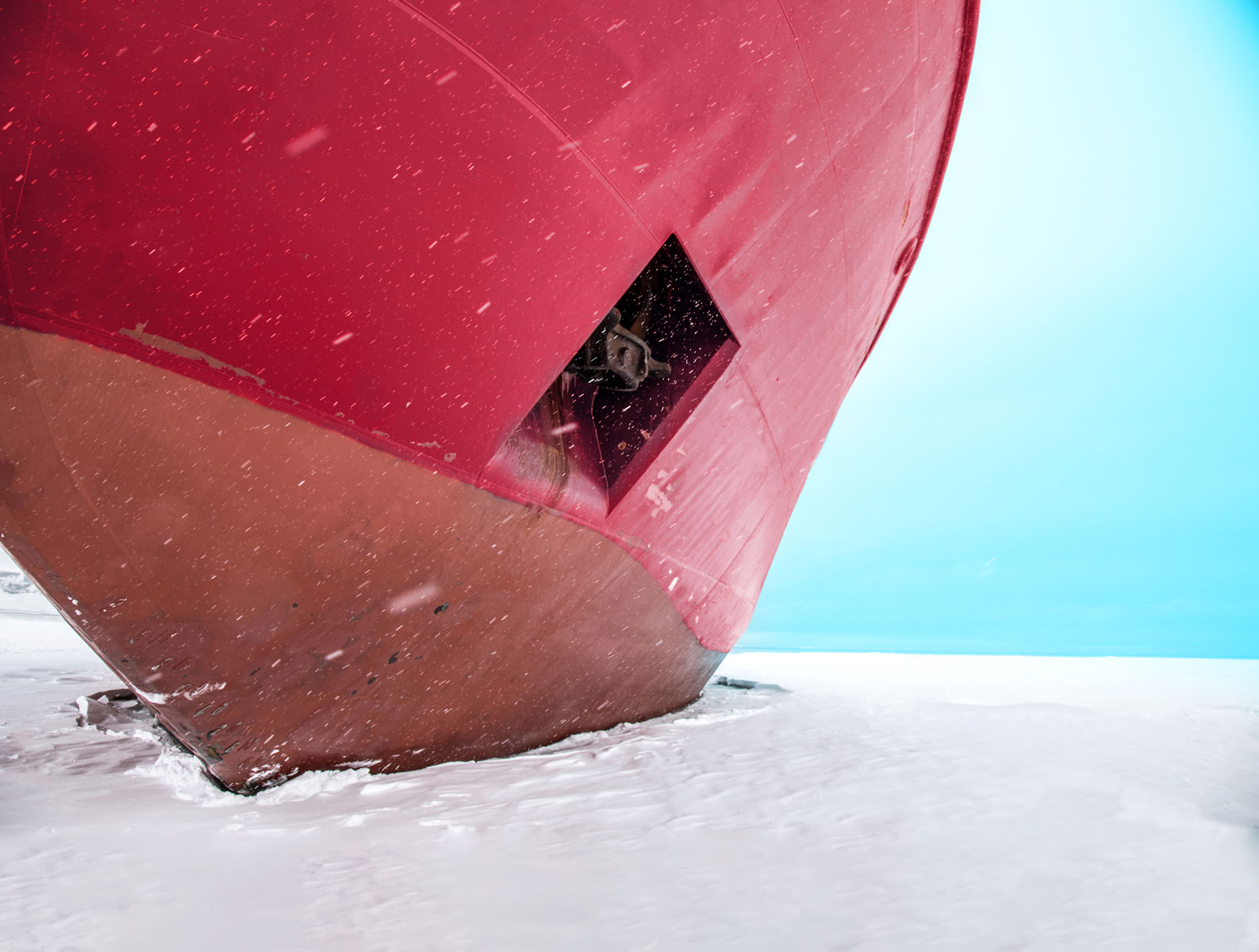- Reaction score
- 147
- Points
- 710
Looks like Ontario's Heddle Shipyards will get some work on Seaspan's polar icebreaker. Seaspan says they will design their own ship--will Davie's have the same design?
1) Heddle:
2) Design--from Seaspan:
Mark
Ottawa
1) Heddle:
Thunder Bay shipyard could supply components for polar icebreaker construction job
Heddle Shipyards' partnership with Vancouver's Seaspan may bring spinoffs to northwestern Ontario
A Thunder Bay shipyard has at least a foot in the door with an opportunity to take part in the multi-million-dollar construction of a new icebreaker for the Canadian Coast Guard.
The Department of Fisheries and Oceans Canada announced May 6 that Vancouver's Seaspan Shipyards will build one of two new polar icebreakers for the Canadian Coast Guard over the next ten years.
Heddle Shipyards, owners of a ship repair facility in Thunder Bay's north end, is part of a strategic partnership with Seaspan on this project.
In a statement, Heddle called the announcement a "welcome development" for the company, and Heddle president Shaun Padulo called it a "significant milestone" for Ontario's shipbuilding industry.
"Seaspan's truly pan-Canadian approach to shipbuilding will support thousands of jobs across the country and support the continued growth of Ontario's shipyards. At Heddle Shipyards, we are so proud to work alongside Seaspan Shipyards, Genoa Design, and hundreds of other Canadian suppliers to deliver the urgently needed Polar Icebreaker to the Canadian Coast Guard."
Heddle is the largest Canadian ship repair and construction company on the Great Lakes running facilities in Thunder Bay, Hamilton, Port Weller, in Newfoundland-Labrador and Nova Scotia.
How much work heads to Thunder Bay remains to be seen...

Thunder Bay shipyard could supply components for polar icebreaker construction job
Heddle Shipyards' partnership with Vancouver's Seaspan may bring spinoffs to northwestern Ontariowww.northernontariobusiness.com
2) Design--from Seaspan:
...
North Vancouver, BC – As part of the National Shipbuilding Strategy (NSS), the Government of Canada has announced that Seaspan Shipyards (Seaspan) will design and build a Polar Icebreaker, the flagship of the Canadian Coast Guard’s icebreaking fleet...

Seaspan Shipyards to build Polar Icebreaker for Canadian Coast Guard - Seaspan
New ship construction program will sustain more than 2,800 jobs across Canada North Vancouver, BC – As part of the National Shipbuilding Strategy (NSS), the Government of Canada has announced that Seaspan Shipyards (Seaspan) will design and build a Polar Icebreaker, the flagship of the Canadian...www.seaspan.com
Mark
Ottawa



